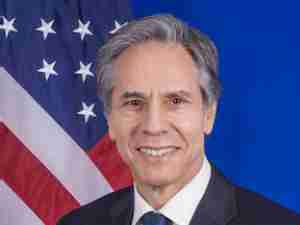South Korea can’t join Pacific trade talks until US issues fixed
By: Reuters | Mar 14 2014 at 12:58 PM | International Trade
South Korea will not be welcomed into a planned Pacific free-trade pact until all problems are resolved in carrying out an existing trade deal with the United States, a senior U.S. official said.
Two years after the agreement came into force, the United States was still trying to make sure promises to ease the path for U.S. exports into South Korea were fully met, the official said, pointing to problems with customs regulations and autos.
The South Korea-U.S. agreement (KORUS) was at the time the second-largest U.S. trade pact after the North American Free Trade Agreement with Canada and Mexico, but now pales beside massive trade deals being negotiated between the United States and Europe and another with 11 Pacific nations, including Japan.
South Korea has flagged its interest in joining the Trans-Pacific Partnership, but the United States will insist on having the bilateral deal working properly first.
"We have made it clear to Korea that to join TPP we would expect full KORUS implementation from them and we are working on issues in that regard in the customs and autos areas," the U.S. official said on a conference call with reporters.
South Korea, like other interested countries such as Taiwan, would not be allowed to join the TPP until current negotiations are wrapped up. These are being dragged out amid a stand-off between the United States and Japan over farm and auto exports and no deadline has been set for completion.
The U.S. official said many issues with KORUS implementation had been resolved, but there were still problems with how the South Korean customs service verified certificates of origin to prove that goods came from the United States.
"The Korean customs service has in our view been requiring excessive documentation .. and this has caused concern among stakeholders, not only in the manufacturing sector but with respect to agricultural products as well," the official said.
Another issue was draft regulations setting very high penalties for cars with higher emissions, which the United States was keen to ensure did not disproportionately affect U.S. cars. Local automakers, such as Hyundai, had also complained.
Foreign brands accounted for 12 percent of the Korean auto market in 2013, up from just 2 percent a decade ago.
Under KORUS, duties were lifted immediately on almost 80 percent of U.S. consumer and industrial exports, and the U.S. Trade Representative said nearly 95 percent of bilateral trade was to become duty free within five years. Most remaining tariffs would be eliminated within 10 years. (Reuters)








